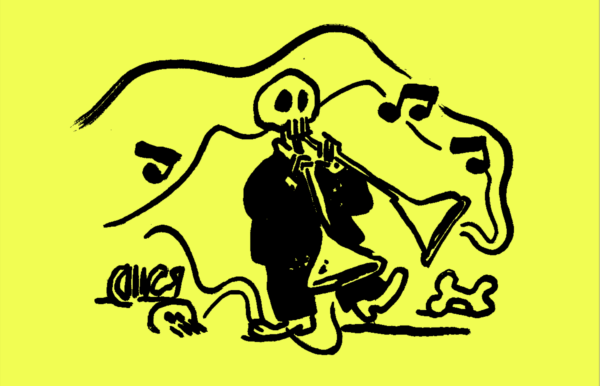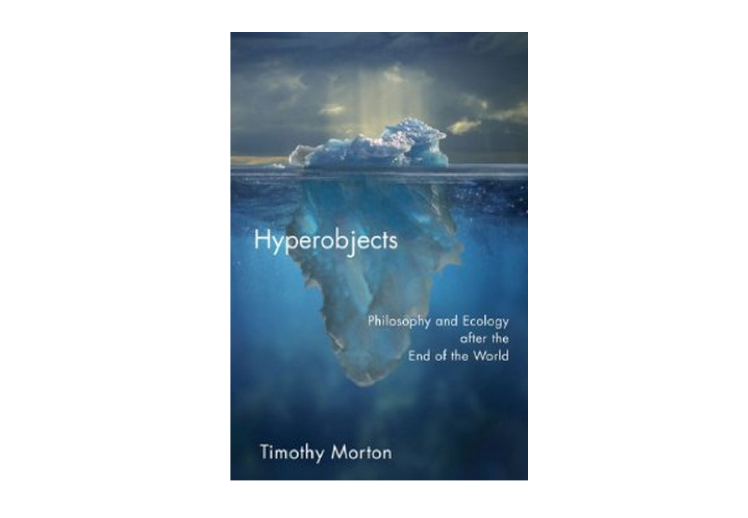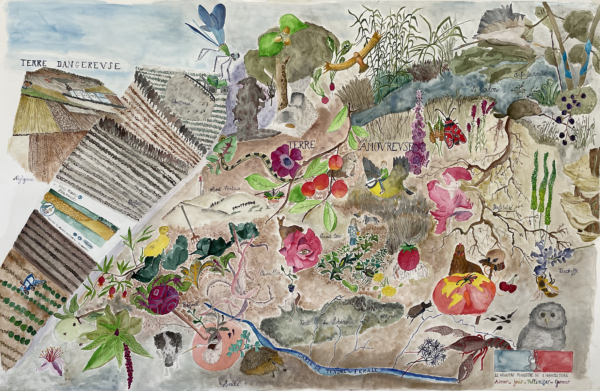
Jouer à 50° ? Étude sur l’adaptation – Odéon Théâtre de l’Europe
Et si Paris atteignait les 50°C ? Le Théâtre de l’Odéon anticipe cette éventualité en publiant une étude inédite sur…

Timothy Morton, University Of Minnesota Press, 2013
Having set global warming in irreversible motion, we are facing the possibility of ecological catastrophe. But the environmental emergency is also a crisis for our philosophical habits of thought, confronting us with a problem that seems to defy not only our control but also our understanding. Global warming is perhaps the most dramatic example of what Timothy Morton calls “hyperobjects”—entities of such vast temporal and spatial dimensions that they defeat traditional ideas about what a thing is in the first place. In this book, Morton explains what hyperobjects are and their impact on how we think, how we coexist with one another and with nonhumans, and how we experience our politics, ethics, and art.
Moving fluidly between philosophy, science, literature, visual and conceptual art, and popular culture, the book argues that hyperobjects show that the end of the world has already occurred in the sense that concepts such as world, nature, and even environment are no longer a meaningful horizon against which human events take place. Instead of inhabiting a world, we find ourselves inside a number of hyperobjects, such as climate, nuclear weapons, evolution, or relativity. Such objects put unbearable strains on our normal ways of reasoning.
Insisting that we have to reinvent how we think to even begin to comprehend the world we now live in, Hyperobjects takes the first steps, outlining a genuinely postmodern ecological approach to thought and action.
The Author
Timothy Morton is Rita Shea Guffey Chair in English at Rice University. He is the author of many books, including The Ecological Thought and Ecology without Nature. He blogs frequently atEcology without Nature.
Et si Paris atteignait les 50°C ? Le Théâtre de l’Odéon anticipe cette éventualité en publiant une étude inédite sur…
Ce numéro conçu par les services de la Direction générale de la création artistique du ministère de la Culture, aborde…
L’émission La Grande Table propose une série podcast consacrée à l'art dans le monde de demain. Zoom sur l'épisode 5/5…

